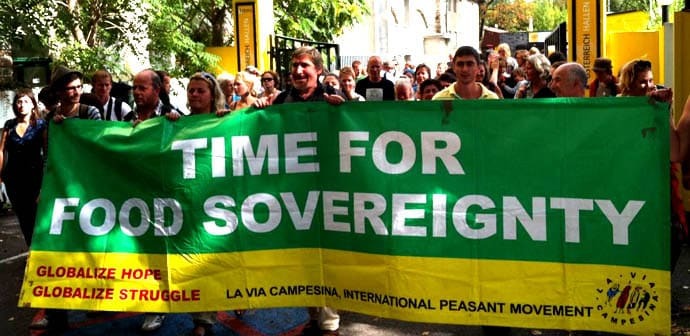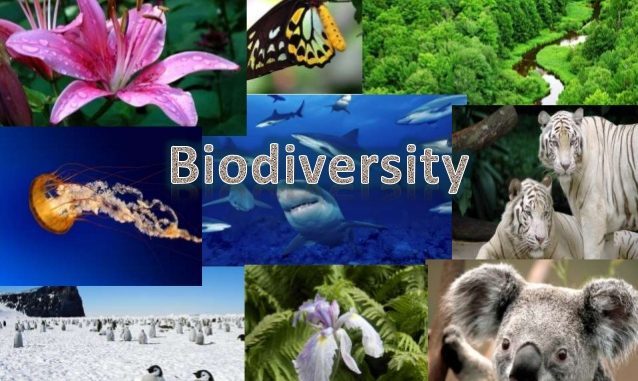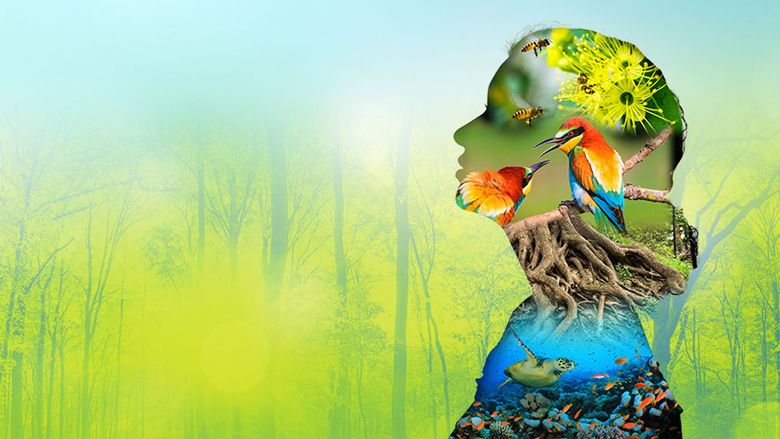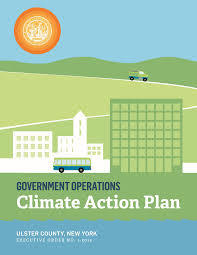
Carrie Wykoff
"Save the planet! The time is now!"
POINTS TOTAL
- 0 TODAY
- 0 THIS WEEK
- 1,525 TOTAL
participant impact
-
UP TO1.0public official or leadercontacted
-
UP TO1.0community eventhosted or attended
-
UP TO705minutesspent learning
-
UP TO780minutesnot spent in front of a screen
-
UP TO820minutesspent outdoors
-
UP TO121conversationswith people
-
UP TO1.0documentarywatched
-
UP TO2.0hoursvolunteered
-
UP TO2.0advocacy actionscompleted
-
UP TO52meatless or vegan mealsconsumed
Carrie's actions
Climate
Local Climate Issues
I will spend at least 15 minute(s) a day researching climate issues or climate solutions in my local area and share with others through my team feed, social media, or conversations with my peers.
Food
Reduce Animal Products
I will enjoy 1 meatless meal(s) and/or 1 vegan meal(s) each day of the challenge.
Oceans
Join a Cleanup Effort
I will host or participate in a trash pickup at a local river or beach that follows the CDC’s current guidelines for prevention of disease transfer.
Oceans
Learn about Our Oceans
I will spend at least 30 minutes learning about how our oceans support life on Earth by producing oxygen, regulating climate, and providing habitat, food, and jobs.
Action Track: Building Resilience
Volunteer in my Community
I will volunteer 2 hour(s) in my community helping people who are most at need right now, including elderly and immunocompromised people, people without childcare, and people whose jobs have been affected by social distancing measures.
Action Track: Building Resilience
Support Pollinators
At least 30% of crops and 90% of flowering plants rely on pollinators, including monarch butterflies, to produce fruit. I will spend 30 minutes researching which plants support local native pollinators and plant some in my yard.
Action Track: Building Resilience
Connect While Social Distancing
I will connect with at least 1 person/people a day through phone call or video chat to support mine and other’s mental and emotional health during this challenging time.
Action Track: Building Resilience
Spend Time Outside
I will replace 30 minute(s) each day typically spent inside (computer time, watching television, etc.) with quality time outside that follows CDC guidelines for preventing disease spread.
Action Track: Building Resilience
Watch a Documentary about Food Sovereignty
I will watch 1 documentary(ies) about food sovereignty: the right of local peoples to control their own food systems including markets, ecological resources, food cultures and production methods.
Wildlife
Research a Wild Animal
I will spend at least 30 minutes learning about a wild animal I find interesting, including their life cycle, habitat, ecosystem functions, and interactions with humans (if any!).
Food
Learn the Truth About Expiration Dates
I will spend at least 15 minutes learning how to differentiate between sell by, use by, and best by dates.
Forests
Advocate for Forest Protection
I will contact 1 congress people or representatives to advocate for public policy that protects forests and improves their ability to sequester carbon and nourish biodiversity.
Forests
Explore My Area
I will explore at least one new hiking trail or nature walk in my area while following CDC guidelines for social distancing.
Climate
Solar Powered Dryer
Our dryer stopped working so we have transformed our dog line into a clothes line. Our dryer uses 3,000 watts of energy per load. When I utilize the clothes line I will save that energy.
Wildlife
Research Benefits of Biodiversity
I will spend at least 15 minutes researching how biodiversity positively impacts our world and how the loss of biodiversity harms it.
Participant Feed
-
 Carrie Wykoff 4/30/2020 11:02 AMIt was great to learn more about biodiversity today in my research:
Carrie Wykoff 4/30/2020 11:02 AMIt was great to learn more about biodiversity today in my research:
It has been estimated that more than 50 million species of plants, animals and micro-organisms are existing in the world. ... Biological diversity or Biodiversity is defined as the variety and variability among the living organisms and the ecological complexes in which they occur.
-
 Carrie Wykoff 4/30/2020 11:00 AMBiological diversity is the resource upon which families, communities, nations and future generations depend. It is the link between all organisms on earth, binding each into an interdependant ecosystem, in which all species have their role. It is the web of life.
Carrie Wykoff 4/30/2020 11:00 AMBiological diversity is the resource upon which families, communities, nations and future generations depend. It is the link between all organisms on earth, binding each into an interdependant ecosystem, in which all species have their role. It is the web of life.
Biodiversity loss can have significant direct human health impacts if ecosystem services are no longer adequate to meet social needs. Indirectly, changes in ecosystem services affect livelihoods, income, local migration and, on occasion, may even cause political conflict.
-
 Carrie Wykoff 4/30/2020 10:53 AMIt is hard to believe that this is the last day of this Ecochallenge! I am so proud of my team captains Paulotta, Emily, Maitreya and Georgia. Great job everyone!
Carrie Wykoff 4/30/2020 10:53 AMIt is hard to believe that this is the last day of this Ecochallenge! I am so proud of my team captains Paulotta, Emily, Maitreya and Georgia. Great job everyone! -
 Carrie Wykoff 4/30/2020 10:51 AMThe clothes dried yesterday!!!
Carrie Wykoff 4/30/2020 10:51 AMThe clothes dried yesterday!!!
A few bags are out in the rain today. Oh well. I am not shopping anytime soon. -
 Carrie Wykoff 4/30/2020 10:50 AMNew breakfast recipe:
Carrie Wykoff 4/30/2020 10:50 AMNew breakfast recipe:
Put oats in mason jar covered with almond milk. Store in fridge overnight. In the morning they are ready to go. I served mine with apples and a bit of almond butter. Delicious! -
 Carrie Wykoff 4/30/2020 10:49 AMA High point of the Ulster County Climate Leadership and Community Protect Plan (CLCPA):
Carrie Wykoff 4/30/2020 10:49 AMA High point of the Ulster County Climate Leadership and Community Protect Plan (CLCPA):
The plan is specifies that 70 percent of the state’s electricity will come from renewable energy by 2030 and that the state will be emissions-free by 2040. The means to that end include more wind turbine farms, more solar farms, better mass transportation, and help enable those on fixed or low incomes to be able to participate in the transition to a fossil-fuel-free future. I really hope we can achieve this!
-
 Carrie Wykoff 4/30/2020 10:43 AMCO working from home via ZOOM. It is our reality.....
Carrie Wykoff 4/30/2020 10:43 AMCO working from home via ZOOM. It is our reality..... -
REFLECTION QUESTIONAction Track: Building ResilienceHow does food sovereignty address the complex agrarian transition to modern food systems?
 Carrie Wykoff 4/30/2020 10:42 AMFood sovereignty is inherently a multidimensional concept. The only way to be food sovereign is to develop networks of aggregation, processing, commercialization and distribution that are themselves linked to other sectors of the economy. Food sovereignty discourses have often focused narrowly on food and on farmers, but if food producers and consumers are to be truly sovereign, then both will have to be supported by and incorporated into a variety of social, economic and political fora that go well beyond food itself. In other words, food sovereignty requires a healthy, sustainable and diverse rural economy that goes well beyond food production. Food sovereignty will not offer a sustainable vision for the future if these activities and options are not part of the larger picture.
Carrie Wykoff 4/30/2020 10:42 AMFood sovereignty is inherently a multidimensional concept. The only way to be food sovereign is to develop networks of aggregation, processing, commercialization and distribution that are themselves linked to other sectors of the economy. Food sovereignty discourses have often focused narrowly on food and on farmers, but if food producers and consumers are to be truly sovereign, then both will have to be supported by and incorporated into a variety of social, economic and political fora that go well beyond food itself. In other words, food sovereignty requires a healthy, sustainable and diverse rural economy that goes well beyond food production. Food sovereignty will not offer a sustainable vision for the future if these activities and options are not part of the larger picture.
-
 Carrie Wykoff 4/30/2020 10:38 AM
Carrie Wykoff 4/30/2020 10:38 AM -
 Carrie Wykoff 4/29/2020 7:46 AMThe sun is not really out today..... Will these clothes dry??
Carrie Wykoff 4/29/2020 7:46 AMThe sun is not really out today..... Will these clothes dry??-
 Gian Ascione 4/29/2020 7:52 AMwind speed and air humidity would be stronger factors. Sounds like the perfect time for an experiment!
Gian Ascione 4/29/2020 7:52 AMwind speed and air humidity would be stronger factors. Sounds like the perfect time for an experiment!
-
